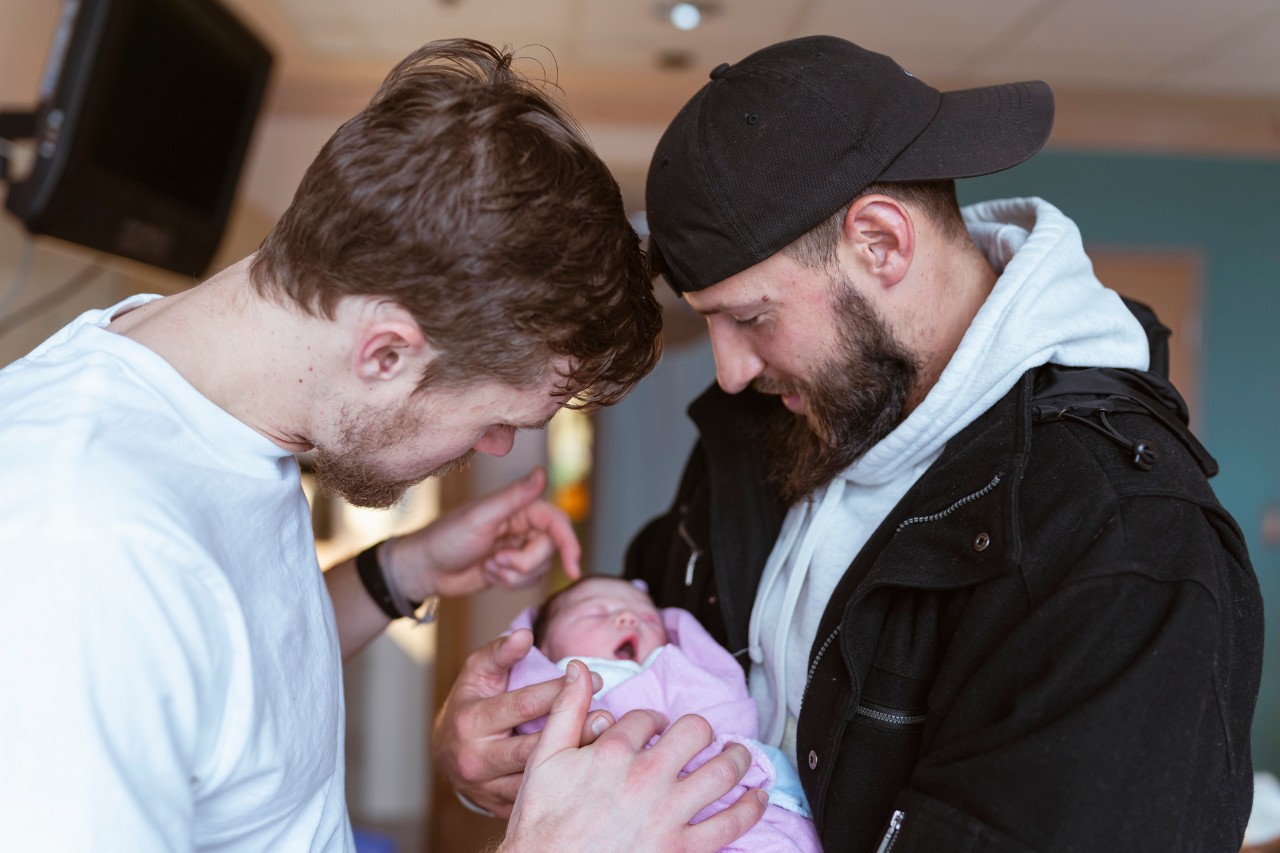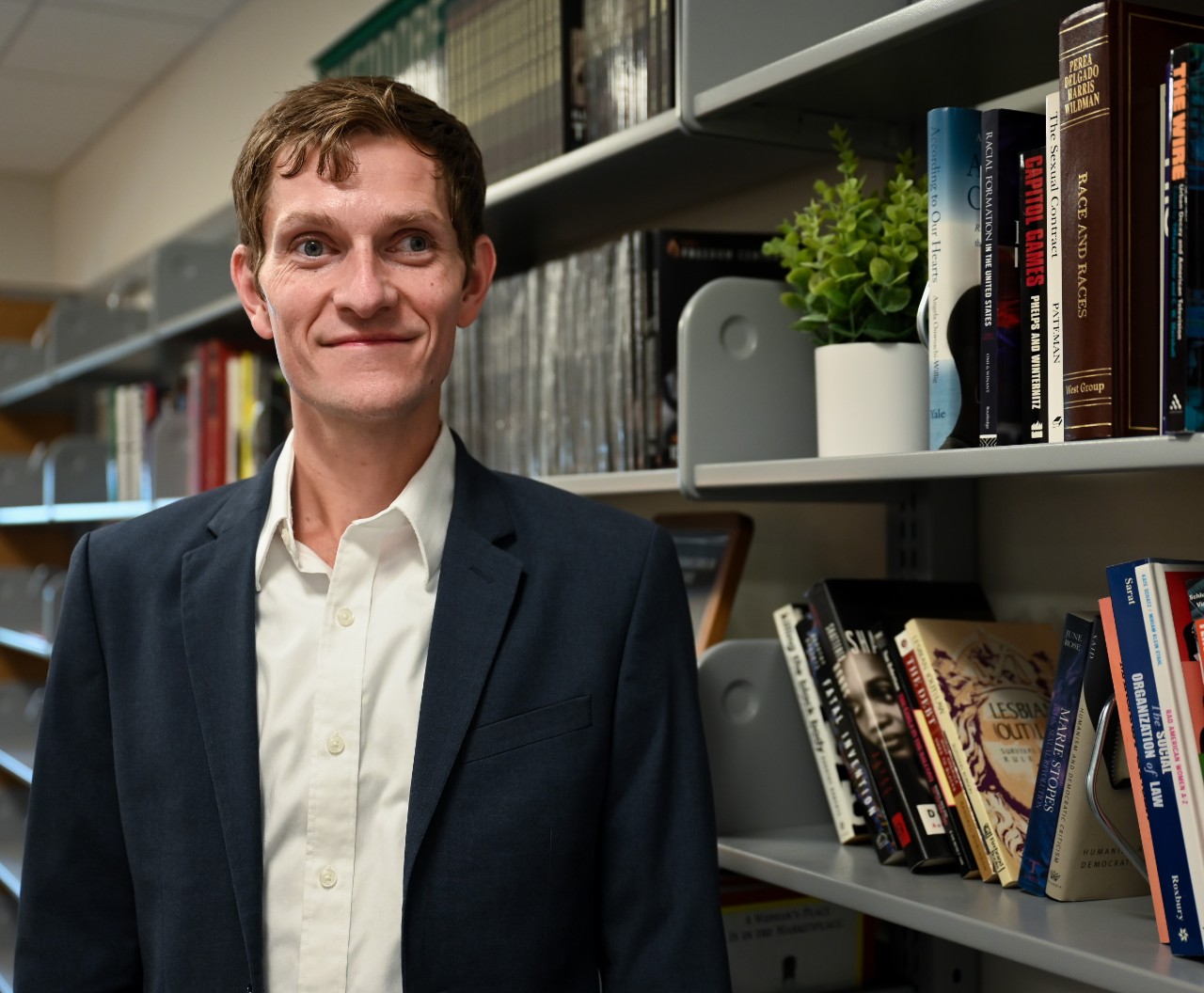
An international surrogacy ban could disrupt the families of same-sex couples in Italy
UC Law Professor Ryan Thoreson weighs in on the topic with USA Today
Legal experts and LGBTQ activists in Italy say a new law criminalizing international surrogacy could have a chilling effect on the country's same-sex families and their children, reports USA Today.
They fear that same-sex couples could be singled out for criminal investigation and that egal ties between gay parents and their children might be severed. Italian citizens could be jailed for a procedure that's completely legal in other countries, including the United States.
Ryan Thoreson, assistant professor in the UC College of Law, spoke with USA Today about the new law. He says what remains unclear is what would happen to children whose parents are penalized for seeking surrogacy abroad.

Ryan Thoreson, assistant professor at UC Law. Photo provided.
"A same sex couple comes back from the United States, where they've legally had a child through surrogacy. Potentially, both of those parents are going to prison,” Thoreson told USA Today. “What happens to the child?"
Equally unclear is how Italy would impose penalties on a procedure performed in countries where it is totally legal.
Surrogacy was banned in Italy two decades ago. But the new law goes one step further by imposing criminal penalties on Italians who have children through the procedure, even in countries where it's legal.
A straight couple returning from a trip abroad with a newborn child wouldn't be under suspicion, while a gay couple, particularly two men, could immediately be singled out, according to Roberto Muzzetta, the vice president of the Milan chapter of Arcigay, Italy's largest LGBTQ non-profit. The result could amount to a cultural "witch hunt" for gay families, he told USA Today.
Read the full USA Today story online.
Learn more about UC Law’s Ryan Thoreson online.
Featured top image of two men with a newborn courtesy of Istock.
Related Stories
Marcus Sapp says he’s finally free after wrongful murder charges tossed
September 8, 2024
Marcus Sapp, an Ohio Innocence Project exoneree, spoke with The Cincinnati Enquirer about his journey to freedom following a wrongful murder conviction. OIP at UC Law took his case and uncovered exculpatory evidence that should have been presented during his initial trial.
Voices of Injustice share stories of wrongful conviction on a Cleveland stage
October 15, 2024
Ohio Innocence Project at UC Law exonerees Michael Sutton, Laurese Glover, Ruel Sailor and Charles Jackson share a painful journey. The men helped formed the advocacy group Voices of Injustice for those wrongfully convicted. The group's performance, 'The Lynchings Among Us' was featured by public radio's WYSO in Yellow Springs, Ohio.
The debate over the death penalty
October 30, 2024
WVXU Cincinnati Edition host Lucy May Interviewers Pierce Reed, director of policy and engagement for the Ohio Innocence Project at UC Law as part of a discussion on the death penalty. UC Law will host a Nov. 1 roundtable on the topic featuring former Ohio death row inmate Lamont Hunter, his attorney Erin Gallagher Barnhart,an assistant federal public defender and Dr. Robert J. Norris, a criminologist at George Mason University.
